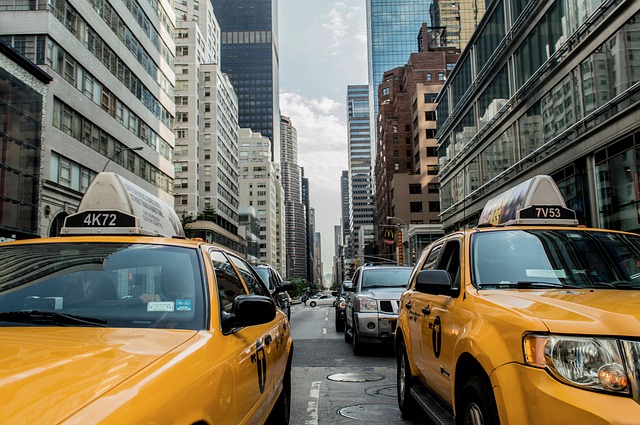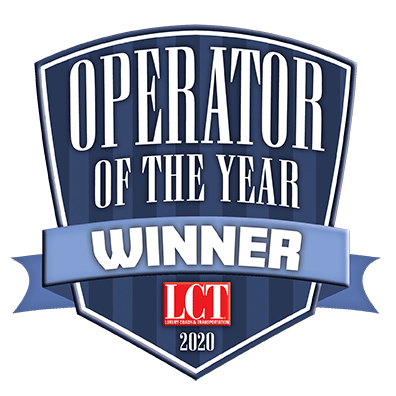UPDATE AS OF MARCH 27, 2024: The MTA board OKed the congestion pricing plan, paving the way for $15 tolls (and up) starting the summer of 2024. Passenger vehicles will be charged $15, trucks will be charged anywhere from $24-$36 depending on size, and motorcycles will be charged $7.50. There are some exemptions — and some caveats. Get more information on this decision.

NYC congestion tolls have been the topic of conversation for years now and it continues to be a dynamic situation, but at last, it seems that an approved program will be implemented in the Spring of 2024.
According to Bloomberg, the timing of the program’s implementation could not be better. The MTA is struggling to recover pre-Covid ridership levels, particularly on the longer-distance Metro-North and Long Island Rail Road lines.Projections of NYC congestion pricing’s effect show that up to 45,000 additional riders would use the MTA each weekday. Meanwhile, the state plans to reinvest nearly 100% of the congestion revenues back into the MTA system.
The Congestion Toll NYC Zone
The proposed congestion pricing in Manhattan refers to a plan aimed at reducing traffic congestion in the busiest parts of New York City by charging a fee for vehicles entering certain areas during peak hours. The idea is to discourage unnecessary driving, reduce traffic congestion, and generate revenue for transportation infrastructure improvements. These types of tolls have been successfully deployed in various cities worldwide with much success and NYC hopes to replicate the strategy.
The Manhattan congestion pricing zone, also known as the Central Business District, includes all of Manhattan south of Central Park. The NYC congestion toll would apply to all vehicles on roads at and below 60th Street, except for major highways. The FDR Drive, the West Side Highway and the Battery Park underpass would be exempt from the toll zone.
The MTA Board Voted in Favor of the Following Plan
On December 6, 2023, the MTA board voted in favor of a plan that would impose a $15 base fare for cars (with E-ZPasses) entering Manhattan south of 60th Street. Cars without E-ZPasses will pay a higher toll. This plan is the one that the Traffic Mobility Review Board recommended a week prior to the vote. In addition to the car toll, the plan applies a $24 fare for small trucks and a $36 fare for large trucks. Certain other vehicles, such as taxis and city buses will have various discounts and exemptions.
The amount of the tolls would fluctuate based on the time of the day. The base fare would apply 5am – 9pm on weekdays, and 9am – 9pm on weekends. Across the board, toll rates would be 75% lower at night. Of note, on Gridlock Alert Days, the MTA reserves the right to charge an extra 25% on top of the base tolls.
When Do the NYC Congestion Tolls Start
The NYC congestion pricing program is planned for implementation in Spring 2024, leaving ample time for changes to still be made.
Charges will fluctuate and they will be in addition to current tolls on bridges and tunnels. Commuters who want to keep their costs low can use the region’s trains, buses and private car services to access the city and New York and Connecticut’s airports.
For-hire vehicles, such as Teddy’s, have been required to self-report and pay a $2.75 NYC congestion fee for a small number of its trips for the last few years. Some of you have seen it on your bill. In this current form, interstate trips, such as Midtown Manhattan to Westport, are exempt from the congestion fee.
For safety, New York City restricted how many taxis could operate. The number was restricted to about 13,600 from 1937 until recently. But with $43 billion in lobbying money, in 2014 Uber convinced NYC to allow in over 100,000 additional cabs, without medallions. Quickly thereafter, reports of cabbies sleeping in their cars, six days a week to make ends meet, were prevalent. In fact a former DOT Commissioner’s study named the global app-cabs the chief cause of midtown congestion.
Stay tuned!



